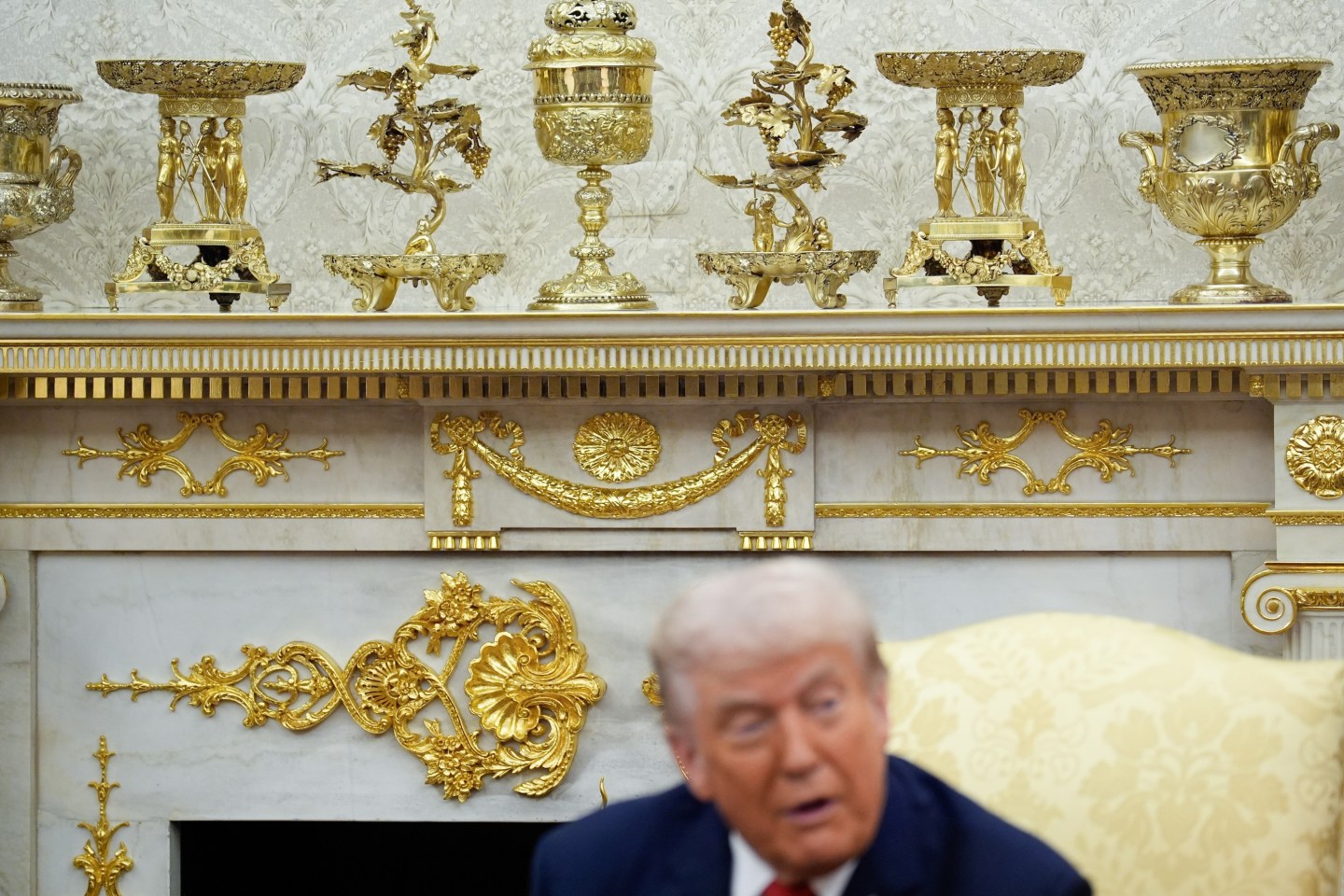Forget typical old-money investments like art auctions and vintage cars. Today’s billionaires are pouring their money into their favorite sports teams instead—and turning them into serious investment plays.
Compared to the typical luxury investments we saw historically, sports ownership has shifted from a life hobby to a new business strategy for the world’s biggest earners, according to a new survey from JPMorgan Private Bank.
In fact, pouring earnings into teams and arenas is the top specialty asset for these ultra-wealthy families. The bank said 34% of principals invest in teams and arenas, compared with 23% for art and 10% for cars.
The report was part of JPMorgan’s 23 Wall division, which advises the wealthiest 0.01%. It surveyed 111 billionaire family-office principals controlling more than $500 billion in assets, and the share of those holding controlling stakes in sports teams has leaped to 20%, up from just 6% in 2022.
Billionaires like Mark Walter have been cashing in in deals valued around $10 billion
Billionaire Guggenheim Partners CEO Mark Walter exemplifies this latest investment trend. Following approval from the National Basketball Association, he acquired a majority stake in the Los Angeles Lakers in a deal valued at approximately $10 billion.
Walter also owns the L.A. Dodgers. His net worth is valued around $7.3 billion.
Other billionaires like Mark Cuban have seen big returns on their teams, too. In 2000, Cuban bought the Dallas Mavericks for about $285 million and later sold his majority stake in late 2023 for roughly $3.5 billion.
Professional sports leagues are expanding private equity, with opportunity in women’s sports
When it comes to billionaires and sports, the river flows both ways. Major sports associations like the NBA and NFL have also expanded their footprint in private equity.
Nearly two-thirds of NBA teams entering the current 2025-26 season have at least some connection to private-equity money, a report found. That shift signals both rising valuations and institutional investors’ growing sway in professional sports.
“This is a business pleasure, and something we really want to do,” one principal wrote in the report. “We are making a lot of money over time.”
“Twenty years from now, people will not believe that you could acquire a women’s team for $100 million,” another said.
Interest in women’s sports is growing. A separate study by McKinsey & Company found women’s sports could generate at least $2.5 billion in value for rights holders in the U.S. By 2030, a 250% increase from the $1 billion generated in 2024.












